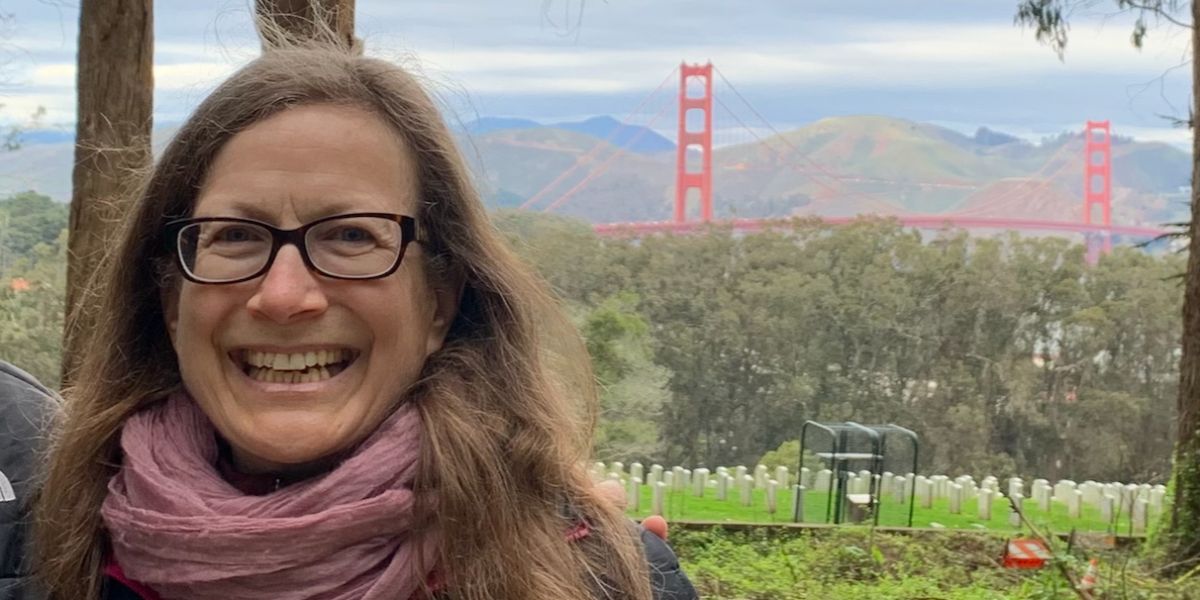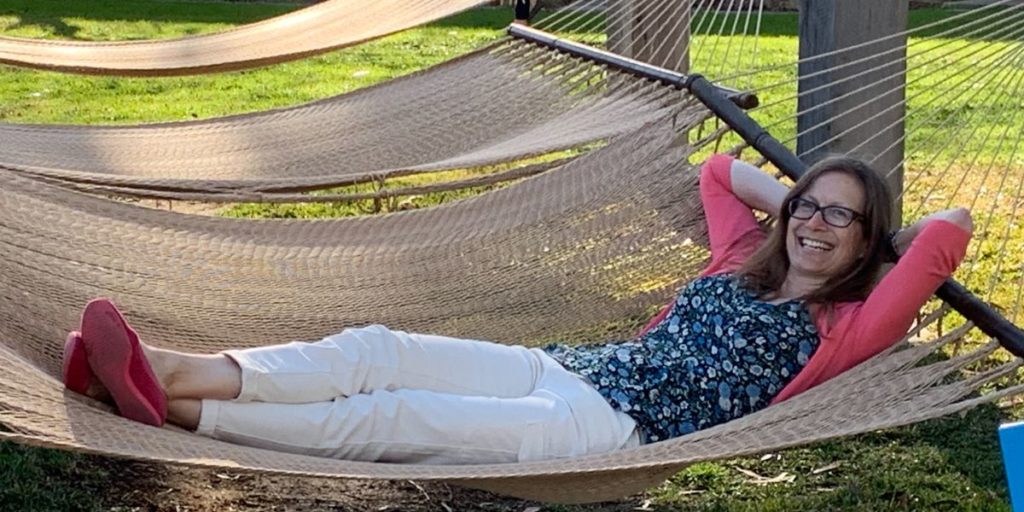Articles
What we’re contemplating, doing, and reading.
Staff Spotlight: Shireen Mansouri, Health Content Lead

Compassion Institute is pleased to introduce our committed staff who are developing and delivering compassion-based programs for individuals and organizations that promote personal and societal well-being.
To respond to increasing levels of burnout in health care, professionals in these fields need the skills to cultivate sustainable inner resources as well as recognize the systemic issues that can lead to burnout.
Below, you have an opportunity to get to know Shireen Mansouri MD, CCFP (EM) FCFP — our Health Content Lead. Her role is to ensure that all of the content that our health team provides is relevant to the dedicated people working in the health sector. She also facilitates a number of our courses, along with other Compassion Cultivation Training© (CCT™) Teachers who collaborate with the health team.
Additionally, you’ll discover Shireen’s perspective on compassion from the unique vantage point of a practicing physician.
Where did you grow up and where do you live now?
I grew up first in Switzerland and then moved to Canada at age 10. My mother was from
Wisconsin, while my father was from Iran, and they worked in the arts world. As a result, I was exposed to many different cultures, religions, and philosophies. My parents were always welcoming artists from all over the world into our home wherever we were living. I was lucky that they both embodied compassion, so I grew up seeing it modeled in everything they did.
What drew you to compassion training and working at CI?
I initially took CCT™ as part of a one year contemplative caregiving course that I did through the San Francisco Zen Center. I found the practice transformative in my medical work, and eventually trained to be a CCT™ teacher. Throughout the pandemic, I taught several groups of health care professionals and those who support them. With every class, it became clearer and clearer how the culture of medicine — which should be supporting compassion — actually blocks our ability to be compassionate to others as well as ourselves.
When the opportunity to work with the Health Team at CI presented itself, I jumped at it. I now get to ensure that our programming, such as the Compassion Cultivation Training Workshop for the Health Sector that we’re offering in June, is relevant to those working in health care as well as addresses the cultural issues that we face in everyday life.
What is your background related to this work? What other studies, jobs, practices, or volunteer work prepared you for what you're doing now?
I’m a family physician, and continue to practice on a Locum basis (temporarily filling gaps in services) in the Northwest Territories (NWT) in northern Canada. Over the years, I have worked in emergency medicine, obstetrics, and now I focus on oncology care. As I continue to be a provider in our system that’s experiencing many of the same challenges as health systems worldwide, I get to see the blocks to and enablers of compassion every day. This gives me so much experience to draw from as I put together workshops and teach our courses.
What does compassion mean to you?
At some point in my journey with CCT™, I heard the phrase “to journey with” to describe
compassion. This simple phrase captures the sense that I can see someone’s suffering and accompany them — even though I might not be able to fix the situation.
What is your biggest "Aha" moment with compassion?
When my instructor Kelly McGonigal said, “Self-compassion does not need to be DIY.” The whole idea of accepting compassion from someone is not often discussed, but it’s so important. Compassion is relational; we usually only think about being on the offering end of it, or having to show it to ourselves. The idea of receiving it once offered — or even going to someone and asking for it — was a completely new concept. I continue to struggle with accepting it, but then that is why we call it a “practice.”
What about compassion surprised you?
I think it’s that I did not need to “fix” the problem to have compassion. In health care, we’re so focused on diagnosing and then “fixing” that we can lose sight of what people really want and need. In family practice, we’re often faced with issues that have no clear solution or cure. If we continue to focus on resolving the problem, then we will easily feel that we have failed and our patients can feel abandoned. When we see our job as accompanying the person, regardless of the outcome, it’s much more fulfilling work — and I believe that people feel more supported.
The other thing that surprised me was that compassion does not take any extra time. In fact, it can save you time, while allowing people to feel heard and supported. And personally, once I started practicing meditation and compassion, I felt like there was so much more space in my day.
What is the biggest impact compassion [training] has had on you, your life, and your community?
I think it has allowed me to continue to practice medicine in a sustainable way. It has helped me to avoid burnout and to find joy in my work. Additionally, I believe it has given me the skills to better support my colleagues.
What is an example or a personal story of impact that compassion [training] has had on you?
I can think of a time when I went in to meet a patient and his wife in our cancer unit.
They had come to us after many interactions with the health system that had been
suboptimal, while also managing a very difficult diagnosis and treatment course. As a result, they were angry. Initially, the anger was directed at me and our team, even though this was their first visit with us.
Prior to CCT™ I would have gotten my back up and been defensive. Instead, I was able to quickly see that the anger was not about me, but about what they had been through. In fact, they needed to tell their story and be heard. And really all I needed to do was listen. In doing that, I expended far less energy myself than if I had acted defensively, and they started to feel safe with us. Over several visits, we could
start to see the change in how they were experiencing the treatment and interacting with
the team in a way that was positive for everyone involved.
What would your friends, family, or co-workers say has changed about you?
With compassion-based practices, I’m definitely more grounded. In medicine it’s easy to get overwhelmed by the number of things coming at you. I think now I’m better able to manage the demands without losing my equanimity.
What component of CCT do you use most in your everyday life?
Although the formal practices are important and give me a foundation of mindfulness, it’s the informal “in the moment” ones that I love most. Probably the most common practice I come back to is “grounding.” It can seem so simple, but recognizing when I need to come back to a solid base of “here and now” — in order to be open and curious (and to really listen) — allows for a much more compassionate response.
If you’re a health professional, don’t miss out on an opportunity to join Dr. Shireen Mansouri for her 2-day online Compassion Cultivation Training Workshop for the Sector) June 22-23, 2024.



